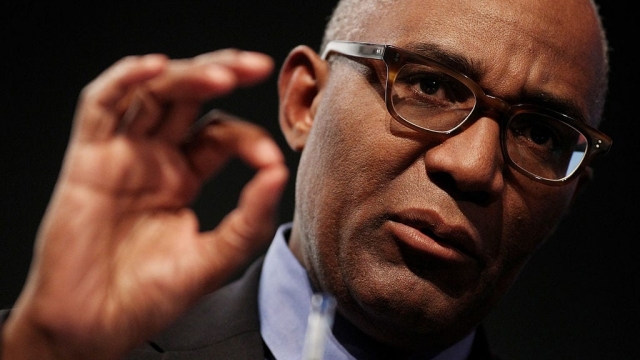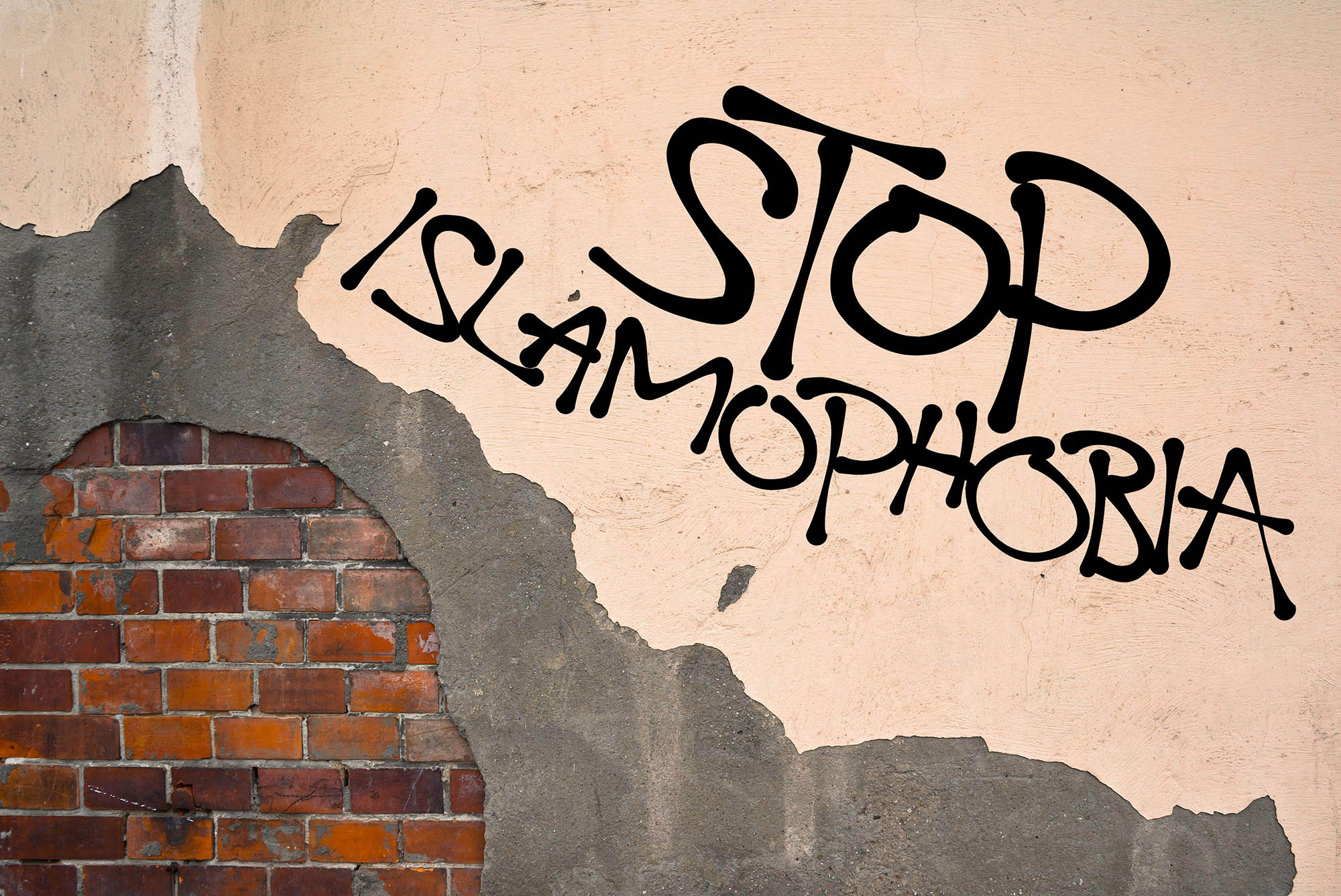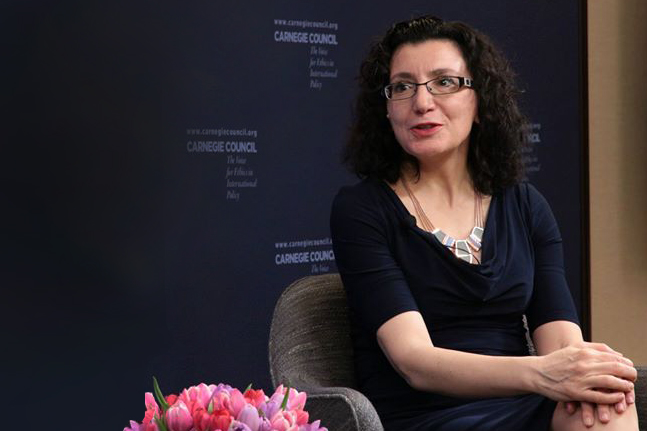This is an international conference that will focus on the hegemony of insecurity in the multicultural society. Although most official institutional discourses will strongly reject any allegation linking insecurity to otherness, contemporary dangerisation culture persistently refers to the negative influence and potential of several religious and cultural minorities. Fear of crime and fear of unemployment lead a set of less conspicuous but often stronger concerns, such as the fear of specific minorities “swamping” schools and neighbourhoods or the dystopia of outright demographic, religious and cultural ascendancy over national societies.
Academics have been studying for several decades now the persistence and effects of dangerising otherness (cultural, ethnic, racial, religious or otherwise). Nonetheless, the social dynamics underlying that persistence remains little discussed. This can only be explained via a strong postindustrial taboo, that of the innocent public. Public discourses combating dangerising tendencies conveniently circumvent majorities and concentrate on “extremists”. Social majorities are never portrayed as racist or discriminatory. They are allowed the neutral position of a comfortably seated spectator in the discursive theatre of democratic egalitarianism.
A postulate that this conference is designed to explore is that allowing for this passive role of national publics depoliticises the relationship with otherness; since it becomes impossible to explicitly address that relationship in political terms, insecurity provides the platform for addressing it in supposedly egalitarian, social terms. As a result, otherness is transposed into fear of crime; just like wealth distribution is transposed into fear of globalisation, geopolitical interests into the fear of tearing down “civilisation”, and so forth.
Keynote Lecture: Delivered by Robert Castel, this will be a significant attempt to address the link between daily insecurity and the tensions that amount to constructing Others.
Themes: In terms of thematic organisation, the overarching approach of the conference puts forward a strong combination of general theoretical and focused empirical research in the entire spectrum of the social sciences and the most controversial social division today, that of cultural minorities with specific emphasis on Islamic minorities in Europe. The objective of the conference is to address the link between insecurity and otherness within the broadest interdisciplinary exchange possible. This will be done via perspectives in political science, sociology, law, policy analysis and anthropology.
In particular, we would be interested in seeing links being made to the following problématiques:
I. The Social Bond in the Multicultural Society: The Insecurity of Belonging
Imagined national communities in postindustrial capitalism are increasingly based on the mobilisation of sociocultural identities and the ensuing commonality of “ways of life”. At the same time, the fragmentation of such ways of life combined with socioeconomic competition destabilises the basis of collective belonging. In that sense, otherness can be understood as a tool for cementing collective identities at a time when they are increasingly under pressure. From that viewpoint, it is interesting to look at otherness as an “enemy building” process that responds to the social insecurities of the postindustrial world.
II. Egalitarianism as Discrimination
Utilitarian discourses presenting disadvantaged minorities as useful economic resources are now rife. It is surprising that such discourses are considered supportive; it is also hard proof that socioeconomic insecurity legitimates the treatment of otherness on grounds of additional justification that goes beyond mere existence, which is considered sufficient for natives. At the same time, the abstract assertion of political and legal egalitarianism by States and institutions blocks the expression of inequality and daily discrimination on all levels of practical consequence. As the 2005 riots in France showed, this dead-end may lead to disorganised action that in fact reduces insecurity in national societies. This stream would appreciate contributions on the relation between political suffocation of cultural minorities by means of alleged legal equality among citizens.
III. Dangerous Others and the Hegemony of Threat
This stream will focus on the dynamics between the transformation of otherness into dangerousness and then into a generalised social emergency. In the light of the two previous streams, contributions here will complete the picture of dangerising otherness by providing insight into concrete examples of representing cultural difference through isolated beliefs and events. From geopolitics to social policies and local authority service provision, it is possible to show which instances of otherness emerge as representative and why they are prone to dangerised representation. A central component of this stream will also involve critical media studies.
IV. Otherness as Empowerment
Dominant viewpoints associate otherness with disempowerment, whilst at the same time they attribute to otherness high harming potential. This paradox is based on the less visible side of marked cultural otherness, i.e. the fact that segregation generates group identities and feelings of belonging that have become scarce among the majorities of postindustrial societies. To put this simply, whilst postindustrial citizens are obliged to perceive themselves as isolated individuals operating in highly uncertain conditions, they perceive cultural minorities as collectivities. Strong collective identities and consequent empowerment among minorities can therefore be seen as a self-fulfilling prophecy largely based on the fragility and insecurity majorities.
V. Personal Adequacy and Social Uncertainty
This theme addresses the individualisation of insecurity in postindustrial conditions. As poverty was often attributed to immorality in industrial conditions, insecurity can be attributed and is often self-attributed to personal inadequacy. Not being “good enough” to have a safe existence – financial, emotional, physical or otherwise – is a heavy additional penalty that almost invariably accompanies the disadvantaged. It is important to know if the transformation of structural socioeconomic tendencies into experiences of personal failure creates or reinforces lines of division around otherness. The voting behaviour of the unemployed, the poor and the lower middle classes indicates that this might well be so.





